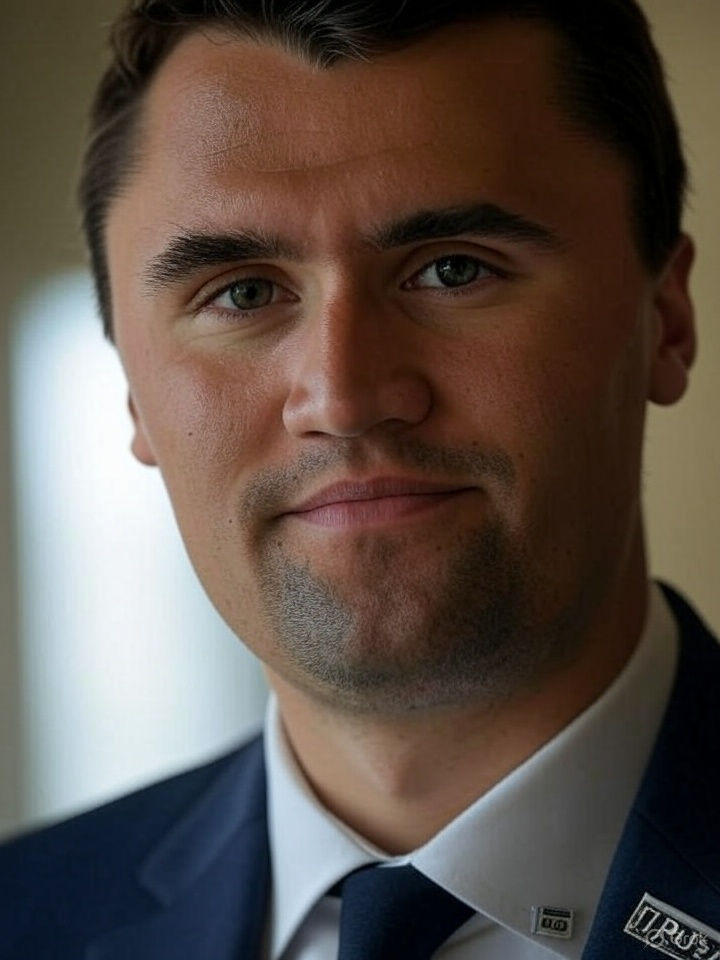Anthropic to Pay $1.5 Billion to Settle Authors’ Copyright Lawsuit Over AI Training Data
- 17GEN4

- Sep 7, 2025
- 2 min read
SAN FRANCISCO — Anthropic, a prominent artificial intelligence company, has agreed to pay at least $1.5 billion to settle a high-profile copyright infringement lawsuit brought by a group of authors, according to court documents filed Thursday. The settlement marks one of the largest payouts in a legal battle over the use of copyrighted material to train advanced AI systems.
The lawsuit, filed in federal court, accused Anthropic of illegally using pirated copies of the authors’ books to train its large-language models, which power AI tools capable of generating human-like text. The plaintiffs, a coalition of novelists, academics, and other writers, argued that their intellectual property was exploited without permission or compensation, raising broader concerns about the ethics of AI development.
“This settlement is a significant victory for creators,” said lead plaintiff Jane Doe, a bestselling novelist whose works were among those allegedly used. “It sends a clear message that AI companies cannot build their technologies on the backs of artists without accountability.”
Court documents reveal that Anthropic did not admit wrongdoing but opted for the settlement to avoid prolonged litigation. The company, founded by former OpenAI researchers, has positioned itself as a leader in ethical AI development, making the allegations particularly contentious.Under the terms of the settlement, Anthropic will pay a minimum of $1.5 billion, with funds distributed among the affected authors based on the extent of their works’ usage. The agreement also includes provisions for Anthropic to implement stricter data-sourcing protocols to ensure compliance with copyright laws in future AI training processes.
The case has spotlighted a growing tension between the AI industry and content creators. As large-language models require vast datasets to function, companies have faced scrutiny over how they acquire training materials. Similar lawsuits have targeted other AI giants, including OpenAI and Meta, signaling a potential wave of legal challenges.
“This is just the beginning,” said intellectual property attorney Sarah Thompson, who was not involved in the case. “As AI continues to evolve, we’ll see more creators demanding fair treatment and compensation for their work.”Anthropic declined to comment beyond confirming the settlement. The company’s flagship AI model, Claude, competes with tools like ChatGPT and has gained traction for its conversational abilities. The financial impact of the settlement on Anthropic’s operations remains unclear, though analysts suggest it could prompt the company to seek additional funding.
The settlement awaits final approval from the court, with a hearing scheduled for next month. For now, the authors’ victory is being hailed as a landmark moment in the fight to protect creative rights in the age of artificial intelligence.
17GEN4 news



Comments